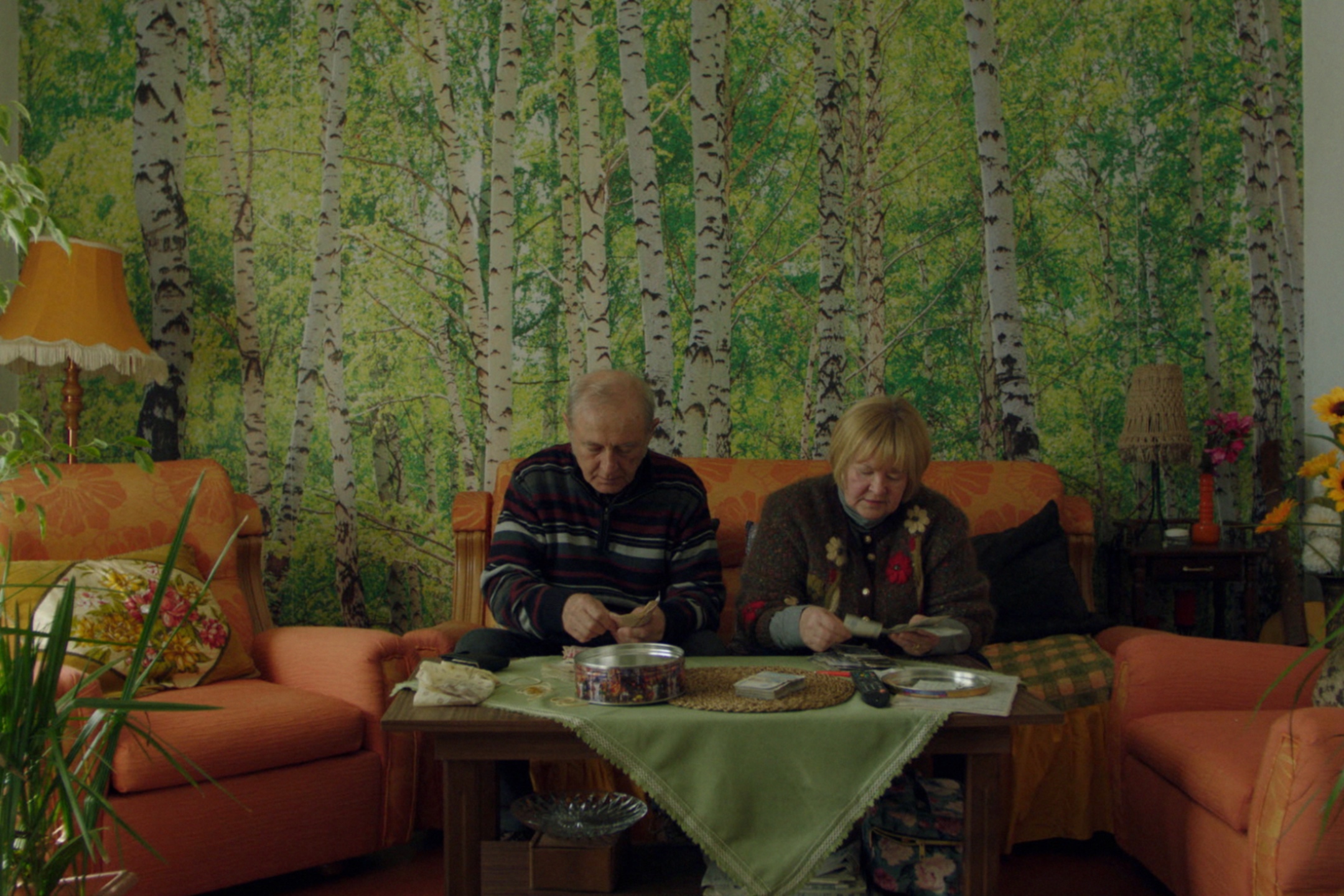The Rise of Absurdity: How ‘Black Money for White Nights’ Exposes the Moral Decay at the Heart of Post-Communist Bulgaria’s Soul and Reflects Global Disillusionment with Trust and Integrity in Society
Acclaimed Bulgarian directing duo Kristina Grozeva and Petar Valchanov are currently in post-production on their fifth feature, “Black Money for White Nights.” This film presents an absurdist narrative that delves deep into the moral erosion pervasive in post-communist Bulgarian life, encapsulating the struggles of a middle-aged couple who fall victim to a travel scam, losing their life savings in the process. The film will be showcased during the Works in Progress program at the Thessaloniki International Film Festival, highlighting the themes of trust, betrayal, and the absurdity of existence in a society grappling with its past and present.
The film’s premise resonates on multiple levels, particularly against the backdrop of a Bulgaria still navigating the complexities of its post-communist identity. The directors, known for their insightful portrayals of human vulnerability and societal flaws, have crafted a narrative that speaks not only to the specific experiences of Bulgarians but also to a broader audience that can relate to feelings of disillusionment and moral ambiguity.
In the wake of communism’s collapse, Bulgaria has faced numerous challenges, including economic instability, corruption, and a pervasive sense of betrayal among its citizens. The transition to a market economy has not been smooth, and many Bulgarians have found themselves grappling with the consequences of lost savings, broken promises, and a system that often feels rigged against the average person. The absurdity of the couple’s plight in “Black Money for White Nights” serves as a metaphor for the larger societal issues faced by many in Bulgaria today.
The travel scam that serves as the catalyst for the couple’s misfortune is emblematic of the broader theme of trust in a society where unscrupulous behavior can often go unchecked. In a world where information is readily available, the irony lies in the fact that individuals can still be easily deceived. This reflects a universal truth: as societies evolve, so too do the methods of exploitation and deceit. Grozeva and Valchanov’s film taps into this reality, illustrating how the erosion of moral standards can lead to devastating consequences for individuals and communities alike.
The absurdist elements of the film are critical in conveying its message. By employing humor and irony, the directors highlight the tragicomic nature of the couple’s situation, inviting the audience to reflect on the absurdities of life itself. This approach resonates with the philosophical underpinnings of absurdism, which posits that human beings exist in a world devoid of inherent meaning. The couple’s struggle to reclaim their lost savings becomes a symbol of humanity’s broader quest for purpose and understanding in an often chaotic and irrational world.
Moreover, the film’s exploration of moral erosion is particularly relevant in today’s global climate, where many societies are grappling with issues of trust and integrity. The rise of populism, the spread of misinformation, and the increasing disillusionment with political institutions have created a fertile ground for absurdity to flourish. Just as the couple in “Black Money for White Nights” confronts the harsh realities of their situation, audiences worldwide are forced to confront their own experiences of betrayal and loss in a rapidly changing world.
As Grozeva and Valchanov prepare to unveil their latest work at the Thessaloniki International Film Festival, “Black Money for White Nights” stands as a poignant reminder of the fragility of trust and the absurdities that accompany the human experience. The film’s narrative, while rooted in the specific context of post-communist Bulgaria, speaks to universal themes of loss, disillusionment, and the search for meaning. Through their lens, the directors invite viewers to reflect on their own moral compass and the societal structures that shape their lives.
The absurdism in the film serves as a powerful narrative device that transcends cultural boundaries, allowing audiences from various backgrounds to engage with its themes on a personal level. As the couple navigates their misfortune, viewers are prompted to consider their own experiences with trust, betrayal, and the often absurd nature of existence. The film thus becomes a mirror reflecting the complexities of modern life, challenging audiences to confront uncomfortable truths about their societies and themselves.
In a world increasingly defined by cynicism and skepticism, Grozeva and Valchanov’s work offers a unique lens through which to examine the human condition. “Black Money for White Nights” is not merely a story about a couple’s financial loss; it is a meditation on the moral landscape of contemporary society, where absurdity reigns and trust is a rare commodity. As the film moves closer to its premiere, it promises to spark conversations about the nature of morality, the consequences of betrayal, and the absurdities that define our shared human experience.




